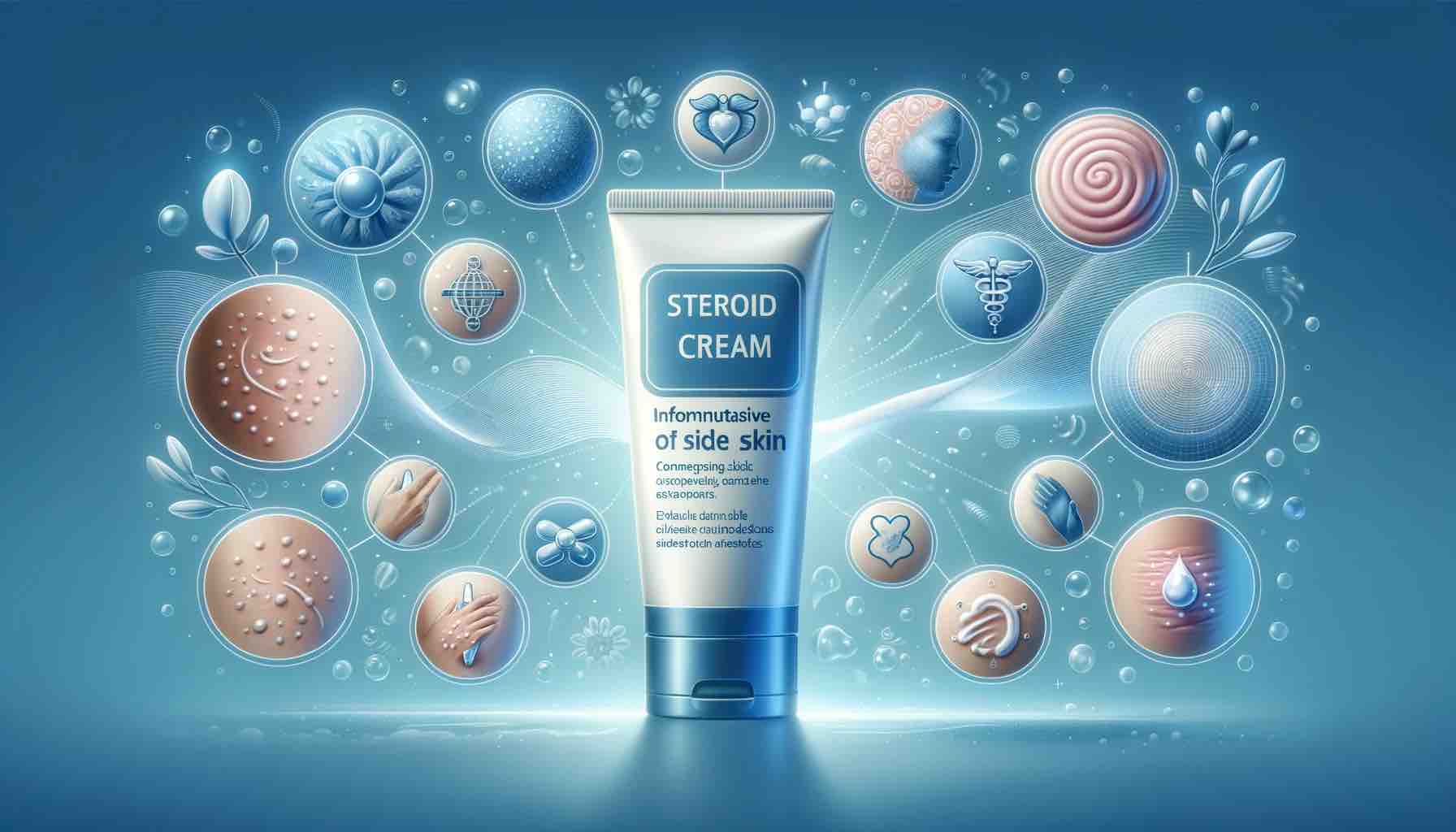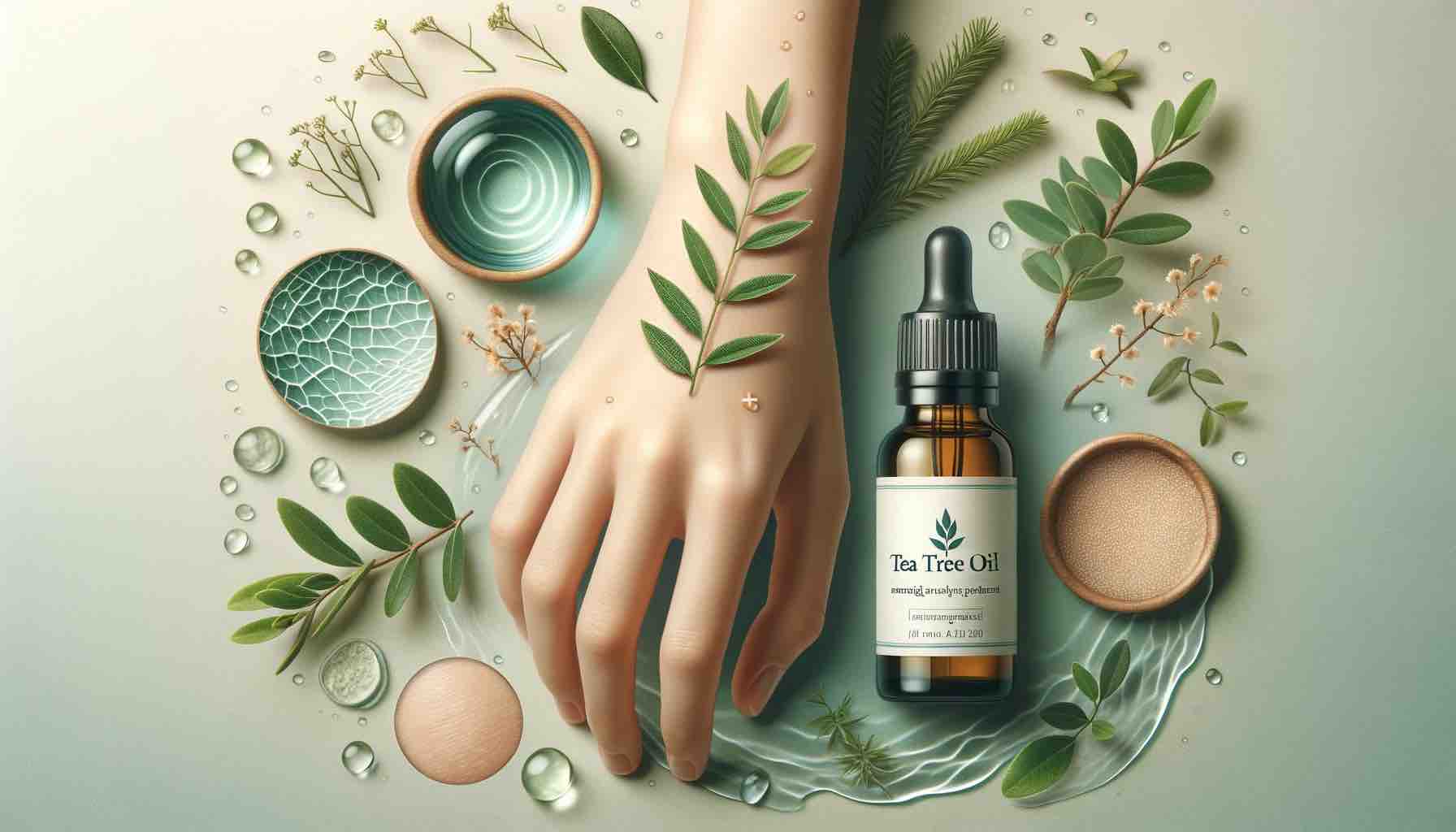
Introduction: Unveiling a Revolutionary Eczema Treatment
In the realm of dermatological advancements, Dupixent emerges as a beacon of hope for individuals beleaguered by the relentless discomfort of eczema. This groundbreaking biologic has been a subject of discussion and hope in various dermatological circles and among those who endure the persistent trials of eczema. A deeply personal account shared by Tiff from Tiff & Case on YouTube unveils the transformative journey of living with and managing eczema through the innovative intervention of Dupixent (Dupilumab).
Understanding Eczema’s Debilitating Impact
Eczema, or atopic dermatitis, is more than a superficial skin condition. It’s a chronic, inflammatory skin disorder that manifests as dry, itchy, and often inflamed skin. The condition can profoundly impact the quality of life, leading to sleep disturbances, heightened sensitivity, and a pervasive sense of discomfort.
Dupixent’s Role in Eczema Management
Dupixent, scientifically known as Dupilumab, heralds a new era in eczema treatment strategies. As a biologic, it operates on a molecular level, targeting specific pathways involved in the inflammatory process of eczema. It presents a nuanced approach, moving beyond the symptomatic relief offered by conventional treatments, aiming for a more comprehensive management strategy.
Video Insight: A Personal Journey with Dupixent
In a heartfelt video by Tiff & Case, Tiff shares her transformative experience with Dupixent. Her narrative is imbued with the tangible relief and improvement she experienced, marking Dupixent as a pivotal element in her eczema management journey.
Video Credits: Tiff & Case
Navigating the Eczema Journey with Dupixent
Dupixent’s role in managing eczema extends beyond symptomatic relief, delving into the realms of improved quality of life and enhanced daily functionality. However, it’s essential to navigate this journey with a nuanced understanding of the drug’s potentials and considerations, including cost and accessibility.
Further Reading for a Comprehensive Understanding
- Exploring the Efficacy of Tea Tree Oil in Eczema Management
- Navigating the Side Effects of Steroid Creams in Eczema Treatment
- Unveiling the Potentials of Apple Cider Vinegar in Eczema Care
- Biologics in Eczema: Innovations in Dermatological Treatments
(Note: This content is curated based on the shared personal experiences in the video by Tiff & Case and additional research. For personalized medical advice, consultation with a healthcare professional is advised.)
FAQs
- What makes Dupixent a unique option for treating eczema? Dupixent, or Dupilumab, is a biologic medication that targets specific pathways involved in the inflammatory process of eczema. Unlike conventional treatments, Dupixent offers a more targeted approach, aiming to reduce inflammation and alleviate symptoms at the molecular level.
- How is Dupixent administered for eczema treatment? Dupixent is administered through subcutaneous injections. The frequency and dosage of the injections are usually determined by a healthcare professional, based on the individual’s specific needs and the severity of their eczema.
- Can Dupixent be used alongside other eczema treatments? Dupixent can be used in conjunction with other eczema treatments, such as topical medications. However, it’s crucial to discuss with a healthcare professional to tailor a treatment plan that is both safe and effective based on the individual’s health status and needs.
- What are the potential side effects associated with Dupixent? While Dupixent can be highly effective, it may also come with potential side effects such as eye problems, injection site reactions, and cold sores. It’s essential to communicate any side effects to a healthcare professional to manage them promptly.
- Is Dupixent suitable for all eczema sufferers? Dupixent is primarily used for moderate to severe atopic dermatitis in adults and adolescents. Suitability is determined based on the individual’s medical history, eczema severity, and response to previous treatments.
- How quickly can one expect results after starting Dupixent? The effectiveness of Dupixent can vary from person to person. Some may notice improvements within weeks, while for others, it might take a few months to observe significant changes in their eczema symptoms.
- Is Dupixent covered by insurance, and how does its cost compare to other eczema treatments? Coverage for Dupixent can vary based on individual insurance plans. Dupixent can be on the higher end cost-wise, but manufacturer assistance programs may help reduce the out-of-pocket expenses.
- How does Dupixent impact the quality of life for those with eczema? Dupixent has been noted to improve the overall quality of life for many eczema sufferers, helping manage persistent symptoms, improving sleep, and enhancing daily functionality and comfort.
- What should one consider before starting treatment with Dupixent? Before starting Dupixent, it’s essential to discuss with a healthcare professional, considering medical history, current health status, and any other medications or treatments being used.
- Where can one find personal experiences and testimonials regarding Dupixent treatment? Various platforms, including YouTube and health forums, share personal experiences with Dupixent. These real-life accounts can offer insights into what to expect and the potential benefits and challenges of the treatment.
Blog Tags Dupixent, Eczema Treatment, Biologic Medication, Atopic Dermatitis, Personal Experiences, Dermatological Advancements













